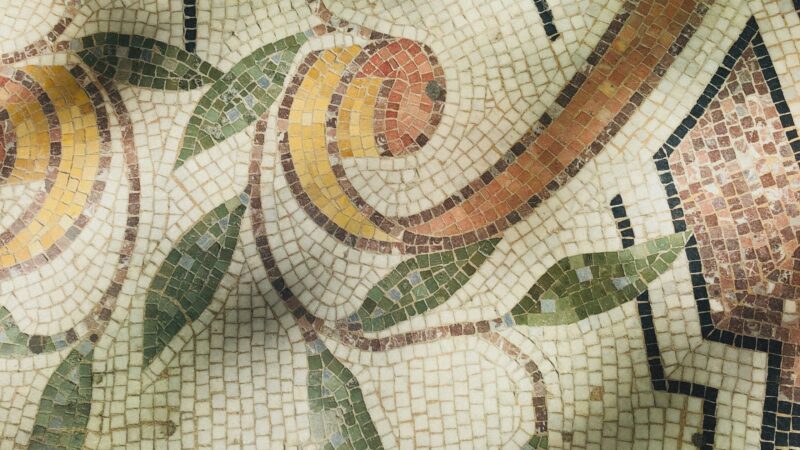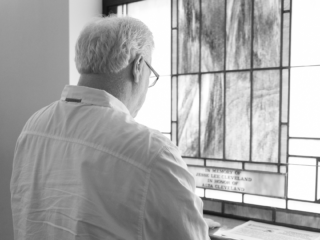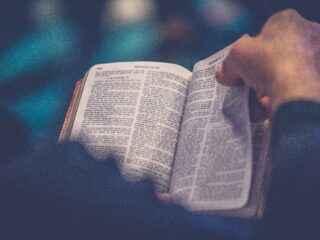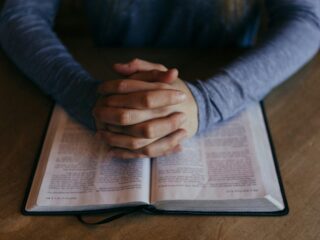One of the things that aggravates me about Black History month is whoever is telling the story always leaves out the importance of the church in the Civil Rights movement. We’ll be told about the leaders of the early civil rights movement such as Ralph Abernathy and Martin Luther King, Jr. What you won’t be told is most of these men, including King and Abernathy were Baptist preachers. The Montgomery Bus Boycott was planned in the basement of the Dexter Avenue Baptist Church in Montgomery where King was pastor. The songs sung by the marchers were hymns, songs the marchers learned in the pews of their churches. The call for freedom and respect wasn’t based in the philosophy of the modern world, but in the sermons of the pastors as they preached the gospel. Dr. King’s famous “I Have a Dream” speech in Washington, D.C. was a sermon. It wasn’t a speech at all. This was a prophet calling his people to the biblical standards of justice and love. The Southern Christian Leadership Conference was founded by a group of pastors.
Freedom, equal rights, individual dignity, justice and love — these aren’t ideals of the world. They are the heart of the gospel. William Wilberforce, the English leader of the abolitionist movement, was pushed into his reformation work by his Christian faith. The civil rights movement was born in the church. The movement wasn’t born in the back room meetings of any political party nor was it devised in the ivory halls of some university. The Civil Rights movement was born in the sermons and songs of the church. When the church began to live out the gospel truths being proclaimed from their pulpits every Sunday, the movement was born. When Martin Luther King, Jr was in the Birmingham jail, he didn’t write the president of the United States. He didn’t address Senators and Members of Congress. He wrote to the leaders of the white churches who were telling him to take it slow.
This is why discussions about the Civil Rights movement belong in the church. The movement was born in the church. Civil rights is our baby. This is why I’m always surprised when people ask why things like civil rights and racial reconciliation are preached in the church. That’s too political and politics shouldn’t be in the church.
Perhaps we should be asking another question. How did civil rights ever get out of the church? If civil rights was born in the church, why did it leave the church? How did this movement become political when it was born in the gospel?
Diversity isn’t a new political agenda. Diversity is God’s idea. It’s part of the beauty of creation. The diversity of creation, indeed the diversity of humanity, celebrates and reveals the glory of God in a way no one part of creation or one person can do alone. We need each other to form the beautiful mosaic we call the church. The gospel teaches us every human being is an image bearer of God. Because of the image we bear — and for no other reason — people are valuable. People are valuable because Christ died for humanity. Every person. Without exception. Regardless of race (God’s idea), color (God’s idea) or ethnic origin (again, God’s idea) — the presence of God in our lives through Christ is what gives every person their value.
In getting know our neighbors, we come to a deeper understanding of God Himself.
The Creator is revealed in every part of creation and that includes every human being.
To love God means we love each other. Looking for God means to see His image in the people around us.
Anything that keeps anyone from reaching their full potential as a person is sinful.
This is why we preach this message in church. First, because it’s true. Second, we can’t pass enough laws to change people’s hearts.
Loving our neighbors can never be a work of the law. It’s always a manifestation of grace. Racial reconciliation is part of God’s great reconciliation story. God reconciles humanity to Himself and He reconciles humanity to each other. We shouldn’t be surprised the politicians keep failing at racial reconciliation.
This is a gospel thing and it belongs in the Church.









